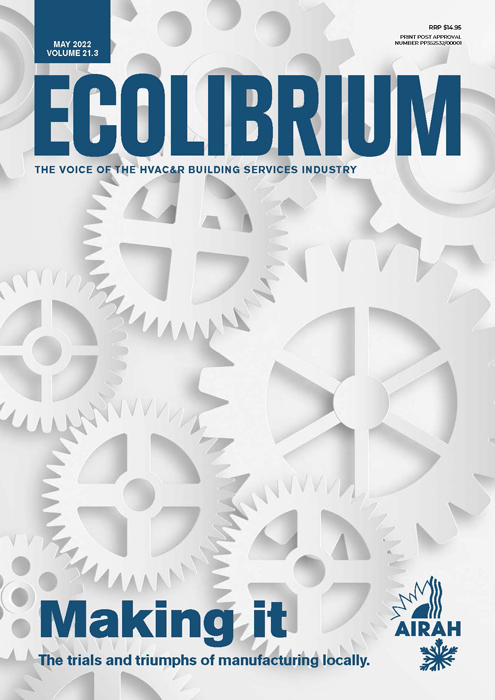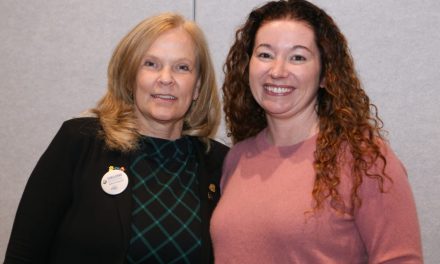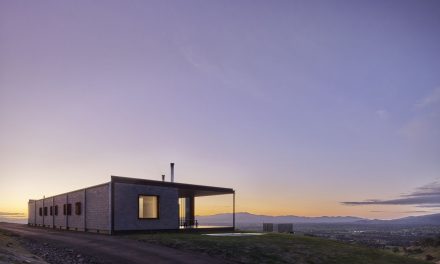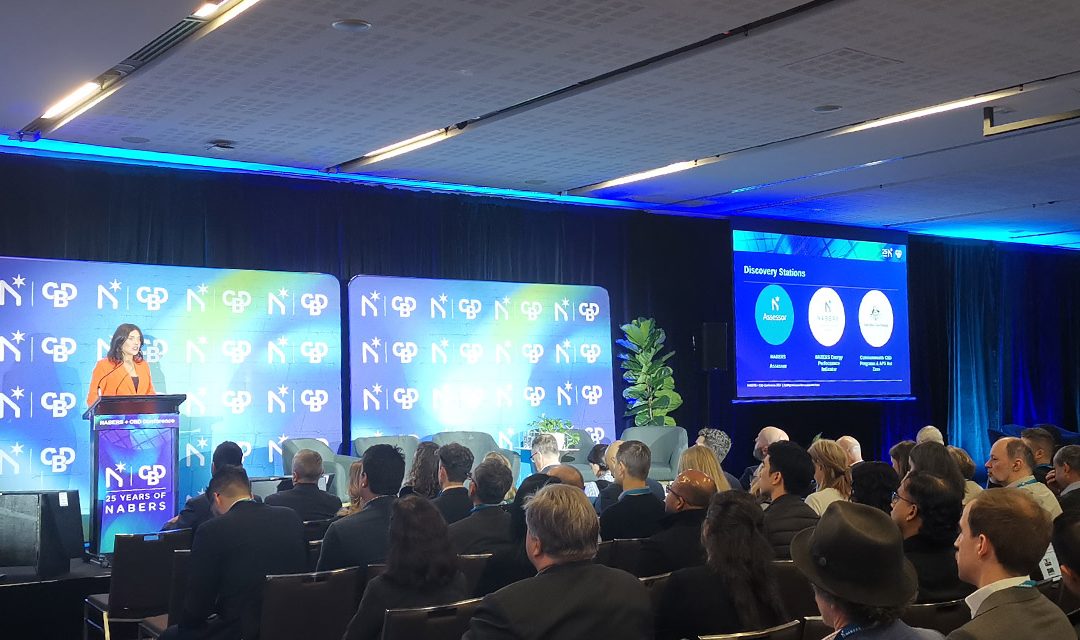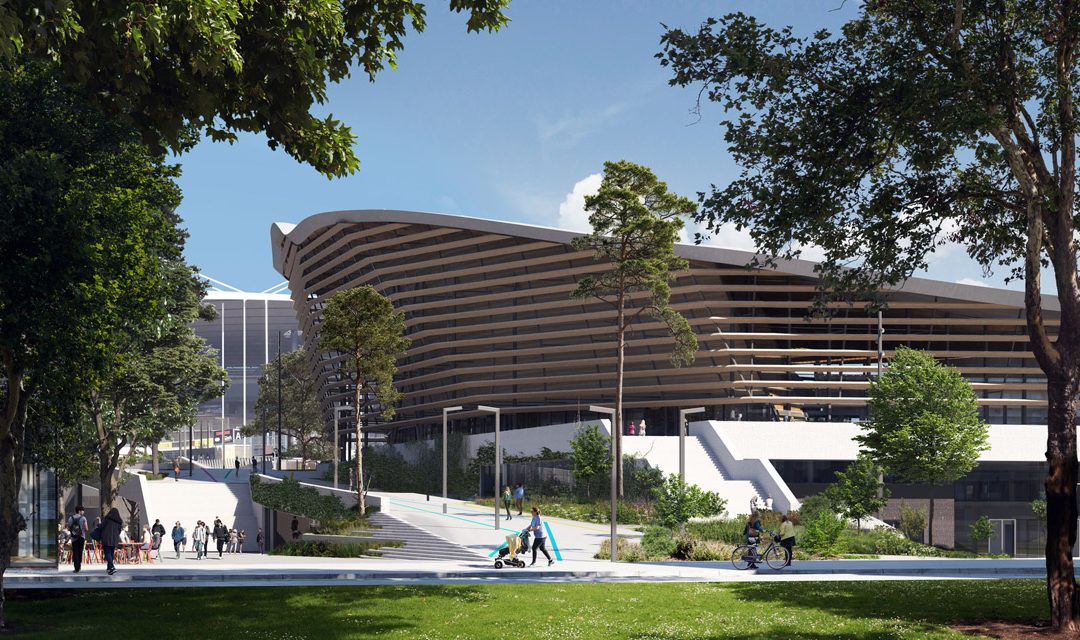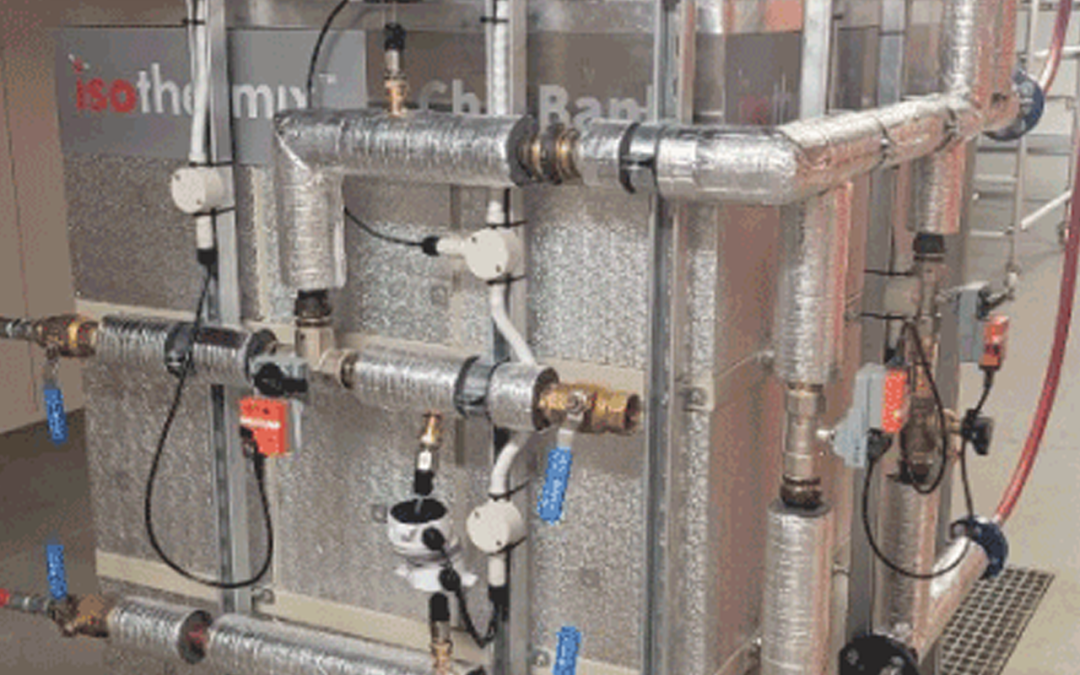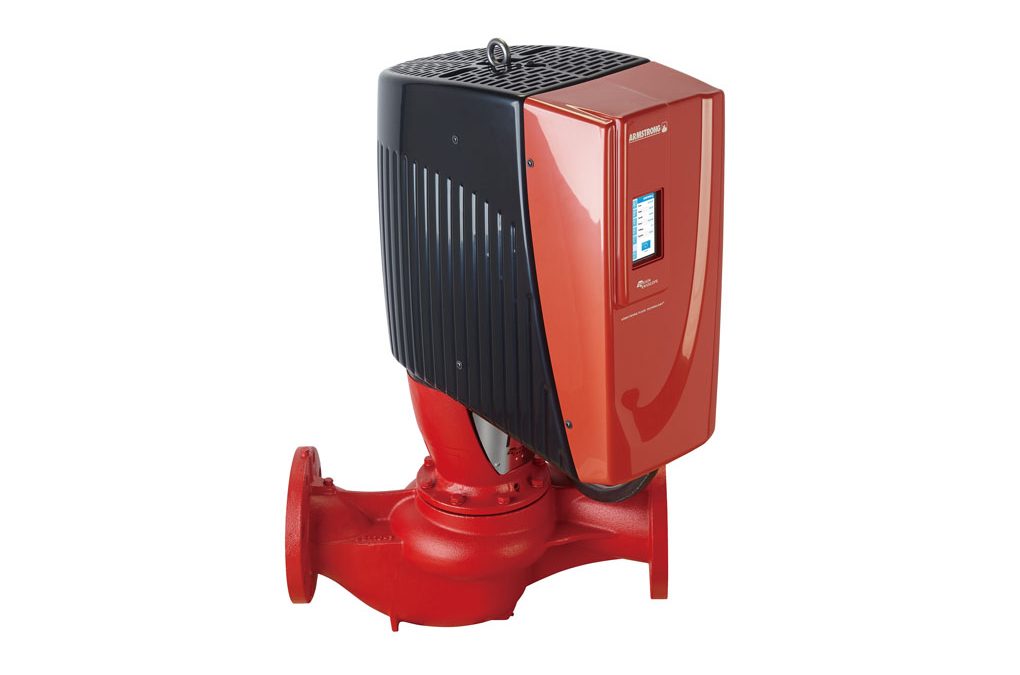AIRAH launches COVID-19 knowledge hub: the IAQ Assembly
AIRAH has collected a suite of videos, guides and articles that reflect the latest thinking on indoor air quality and preventing the airborne spread of COVID-19. The resources have now been made freely available to help the HVAC&R industry and broader community stay up to date and informed on these vital topics.
Since the beginning of the pandemic, and particularly since the recognition of the critical role of airborne transmission, AIRAH has been curating resources about how HVAC&R systems can help prevent the spread of COVID-19. Additionally, at AIRAH’s conferences and forums, world‑leading experts have provided their insights on the topic.
Known collectively as the IAQ Assembly, the resources are available at airah.org.au/IAQA
A curated collection
“One of the benefits of running virtual events has been the ability to more easily record presentations for future reference,” says AIRAH chief executive Tony Gleeson, M.AIRAH.
“Recognising the value of these presentations for a wider audience, we have now packaged them together and are making them freely available through an easy-to-access knowledge hub: the IAQ Assembly.”
Speakers include:
- Professor Lidia Morawska from Queensland University of Technology;
- Bryon Price, F.AIRAH, from A.G. Coombs;
- Brett Fairweather, M.AIRAH, from It’s Engineered;
- Jon Clarke, M.AIRAH, from Dexus;
- Ian Harwood, F.AIRAH, from PDF Engineering; and
- Patrick Chambers, Affil.AIRAH, from Stantec.
“These speakers bring different types of expertise,” says Gleeson, “from epidemiology to aerosol physics, from filtration to data analytics, from HVAC engineering controls right through to practical building services strategies. We know that addressing the airborne spread of COVID-19 and improving indoor air quality in general requires a cross-disciplinary approach. AIRAH is committed to fostering this collaboration and building a foundation for this vital and ongoing work.”
Guidance materials and FAQs
Assembly includes guidance materials published by AIRAH, other industry bodies and government; frequently asked questions about indoor air quality and HVAC&R systems; and news stories about
COVID-19 and indoor air quality.
“Our knowledge of COVID-19 and indoor air quality has grown rapidly over the past two years – as has public awareness,” says Gleeson. “AIRAH will continue to curate the IAQ Assembly, adding resources and making them freely available. No matter what happens next in the pandemic, knowledge will be key, and that’s what this initiative is all about.”
To access the IAQ Assembly, go to airah.org.au/IAQA
No matter what happens next in the pandemic, knowledge will be key, and that’s what this initiative is all about
AIRAH’s IAQ Special Technical Group
The purpose of the AIRAH IAQ STG is to provide AIRAH members with a platform for involvement in issues that affect their industry in relation to indoor air quality, including: policy advice; regulation development; plus the development of, and access to, industry-leading advice. This platform will promote a whole-of-supply-chain
integrated view on issues related to the activities of the group and AIRAH, along with best-practice delivery in the Australian and international community.
On the agenda for AIRAH’s IAQ STG in 2022 is:
- Update and release of the DA26 Indoor Air Quality manual
- Update and release of the HVAC Hygiene Guide
- Continue to work with Standards Australia on a proposed IAQ Standard
- Begin working on and planning for an IAQ 2023 conference
- Continue to work with a variety of government agencies on improving IAQ issues.
Like to know more?
For more information go to www.airah.org.au/STG
